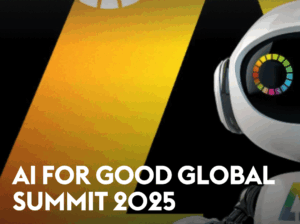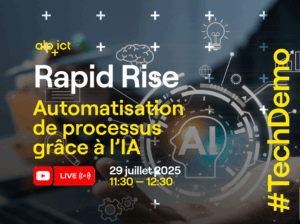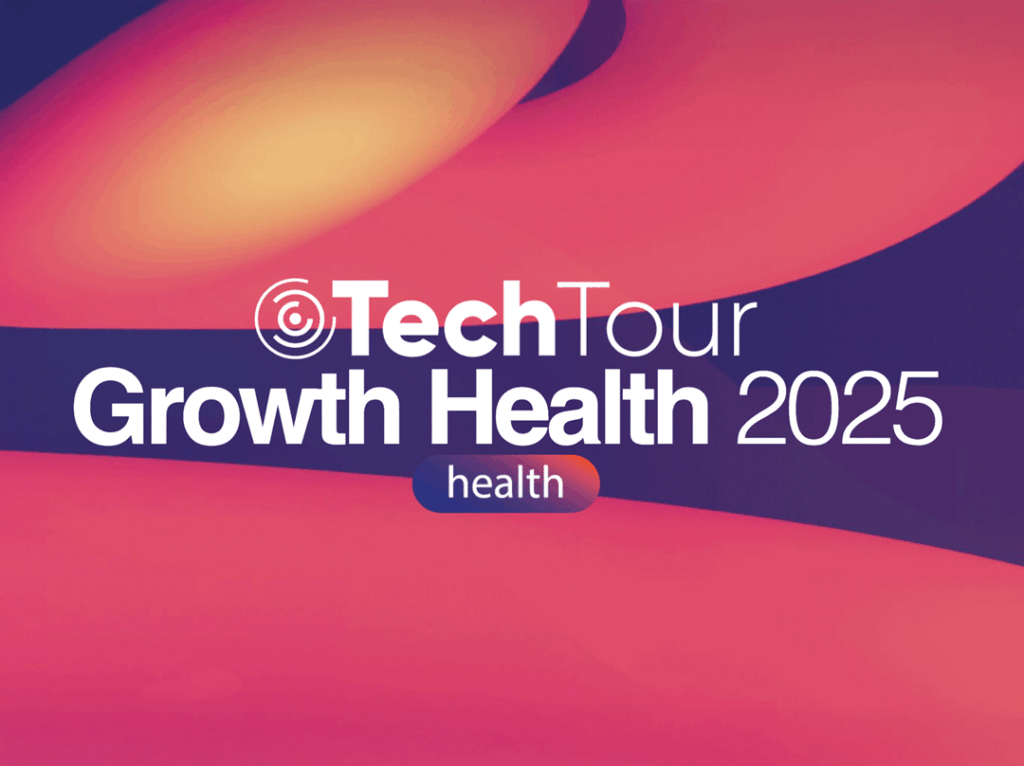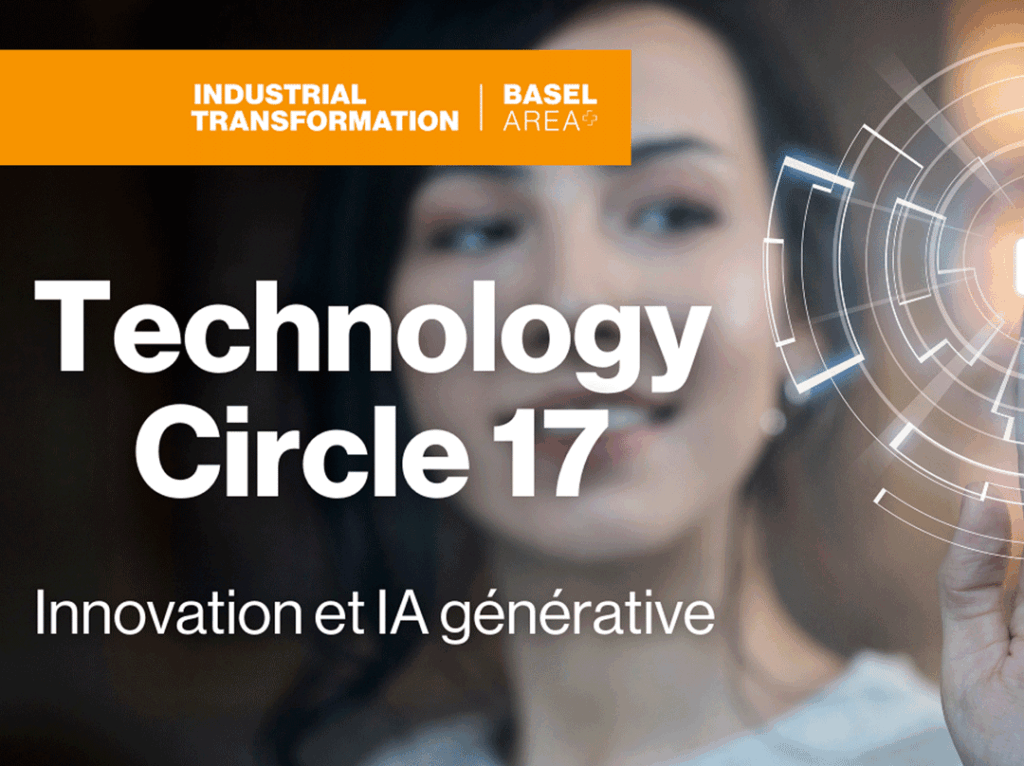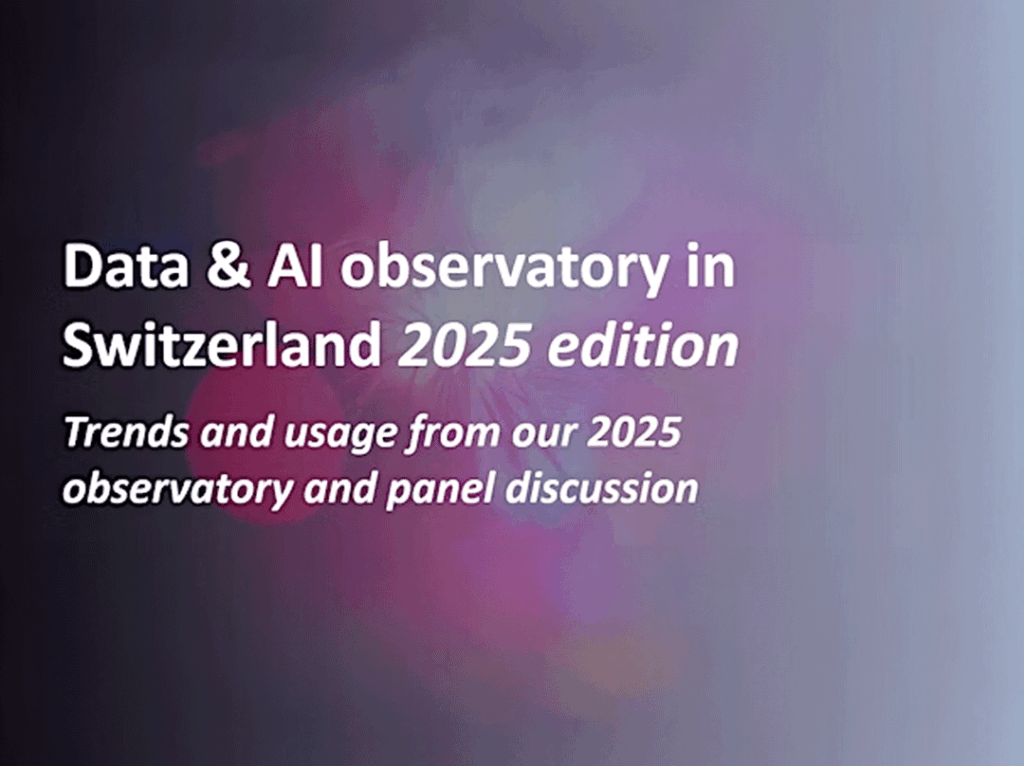AMLD EPFL 2025
The AMLD (Applied Machine Learning Days) 2025 exhibition will take place from February 11 to 14, 2025, at the SwissTech Convention Center in Lausanne, and will showcase a range of applications and innovations related to the world of artificial intelligence from industry, government, academia and business. The exhibition offers a dynamic space for sharing knowledge, discussing the latest innovations and trends, and creating synergies between industry players - all in a relaxed, informal environment.
Coming together to explore & drive the future of AI and Machine Learning
The space is broken down into 3 zones to offer spaces and sessions designed to delve deeper into the subject of AI through specific perspectives:
- The technology village will showcase industry applications and innovations.
- The Startup Hub will showcase innovative new companies shaping the future of AI and Machine Learning.
- The education hub will host training organizations specializing in AI and machine learning.
Program: Shaping the future, with AI
Among the long list of speakers at the 4-day show, you'll be able to delve deeper into topics such as..:
- Cybersecurity & AI-security: by combining massive data from connectivity with advanced algorithms, AI paves the way for innovative applications in key sectors such as telecommunications, healthcare, transportation and disaster management. However, this integration significantly increases cybersecurity concerns, including privacy breaches and system exploitation.
- AI as a key solution to complex challenges and sustainable growth in the aviation industry, where regulatory agencies, airlines, airports and a wide variety of service providers benefit from unique opportunities to improve safety, delay management, forecasting, resource efficiency, connectivity, and reduce emissions and costs.
- AI x Cities: organized into two sessions - AI and Governance for Cities and Intelligent Vision for Urban Analysis and Improvement - this program presents emerging projects and visions that are redefining the use of AI in cities. Discussions will focus on the impact of technologies such as computer vision, language models (LLM, VLM) and alignment models (AM) on urban AI risks, applications and governance frameworks.
- AI to accelerate the energy transition and adapt to climate change: these technologies can play a key role in facilitating the energy transition by producing accurate forecasts for estimating energy production and demand, optimizing the storage and transmission of renewable energies, and anticipating the impact of extreme weather conditions, thus guaranteeing a secure and economical energy supply while reducing CO2 emissions.
- AI x Food: artificial intelligence can transform the fields of food and nutrition, aligning with the World Health Organization's Global Food Security Strategy 2022-2030. AI offers unprecedented opportunities to address these challenges, including optimizing supply chains, personalizing nutrition, monitoring crops and agricultural practices, and offering innovative solutions against food insecurity and the effects of climate change. However, despite the progress made, many hurdles remain.
- Journalism in the age of AI and cyberthreats: this discussion will bring together global perspectives on digital trust and trust-building technologies at the intersection of research and journalism. Topics include the use of AI in military operations, AI-generated misinformation and its impact on elections, cybersecurity of connected objects (IoT), citizen surveillance, algorithmic decision-making, and much more.



